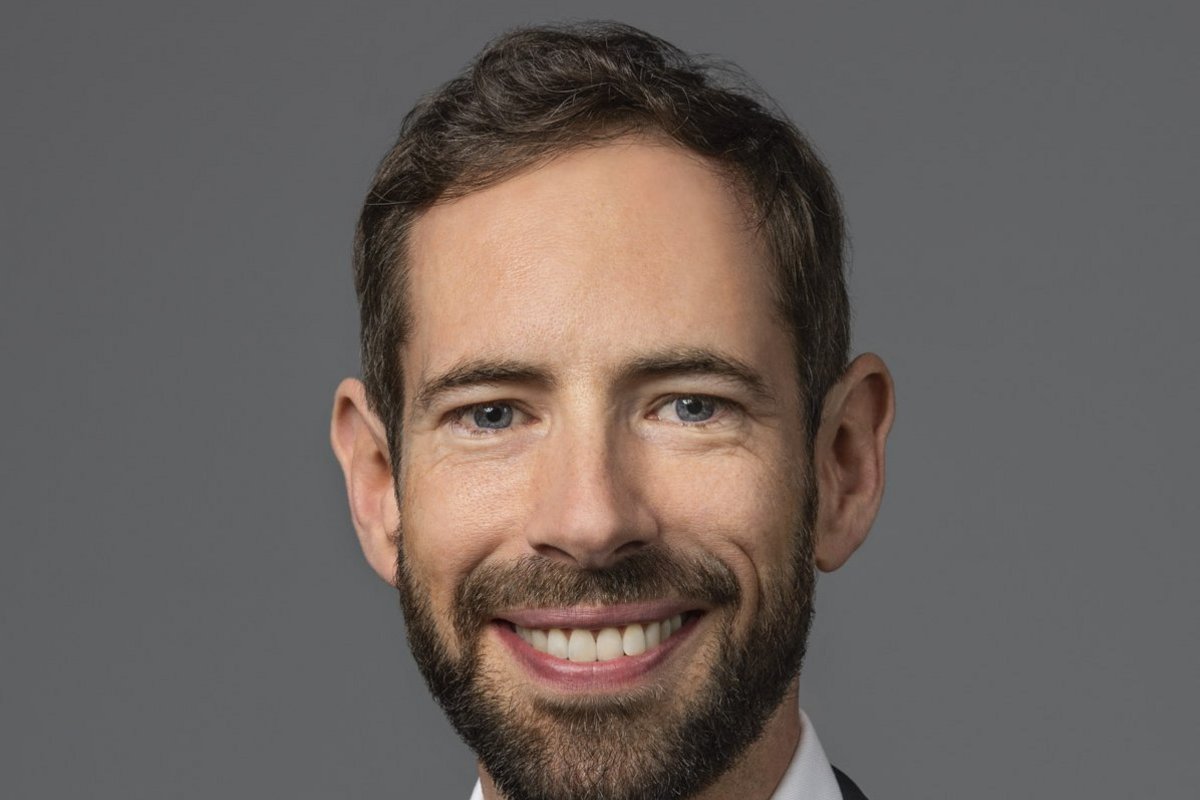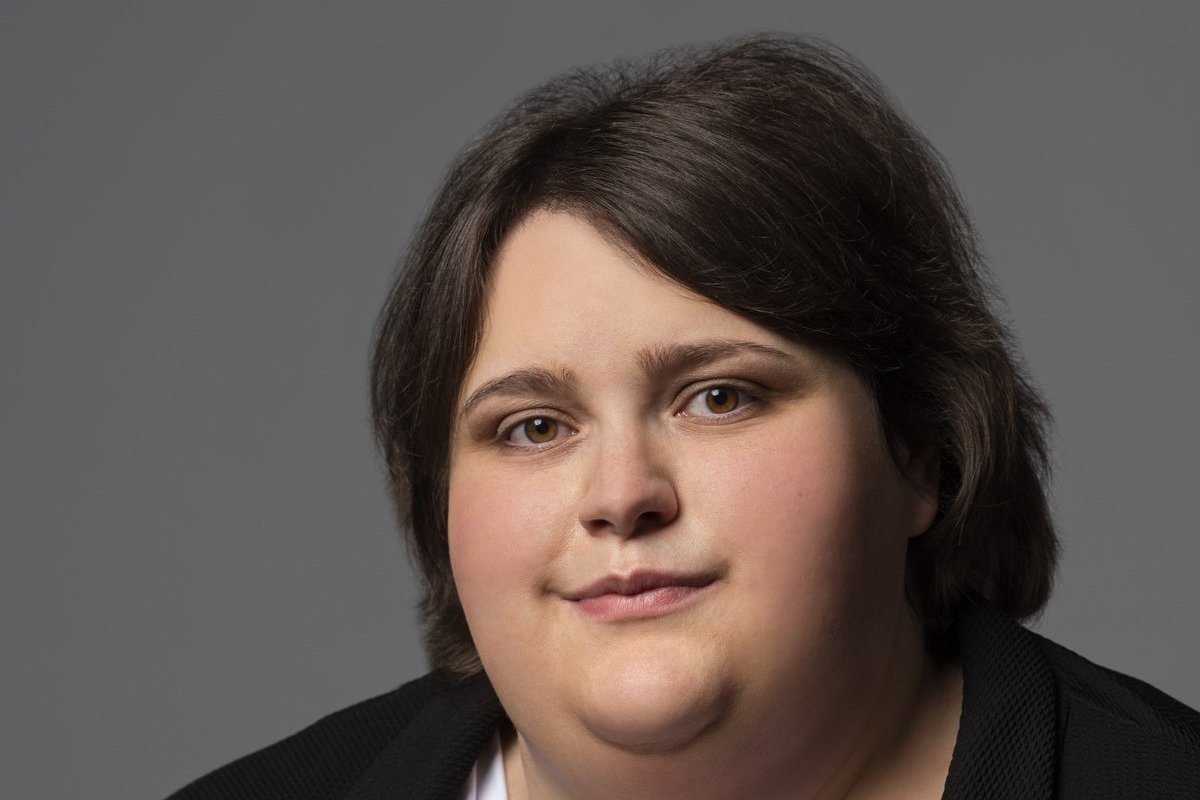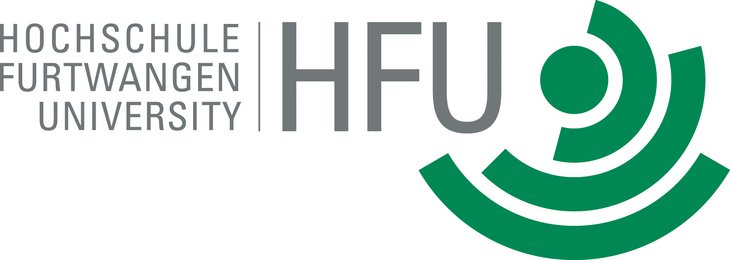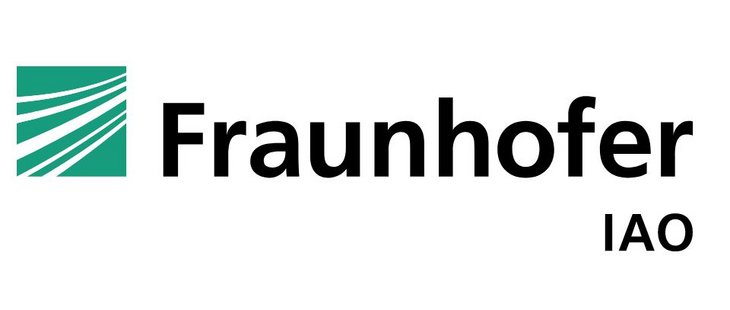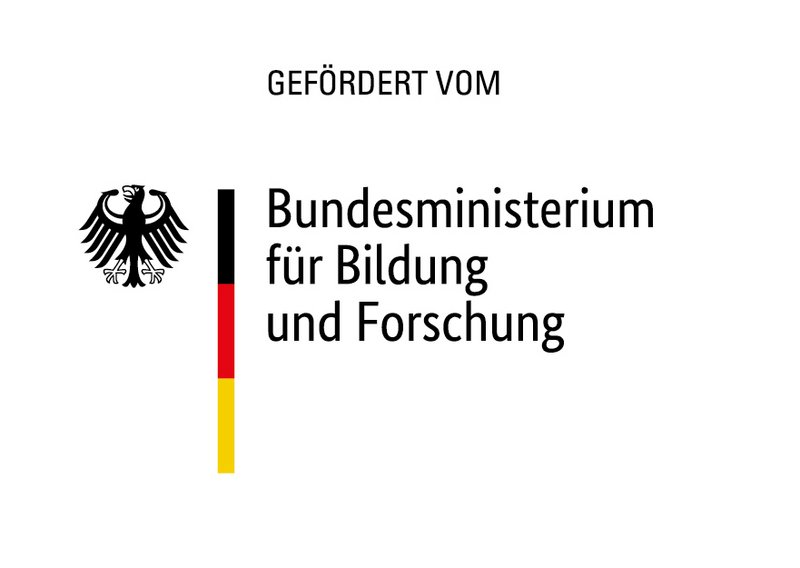IT-supported coordination of local resource networks to relieve the burden on relatives providing care in rural areas
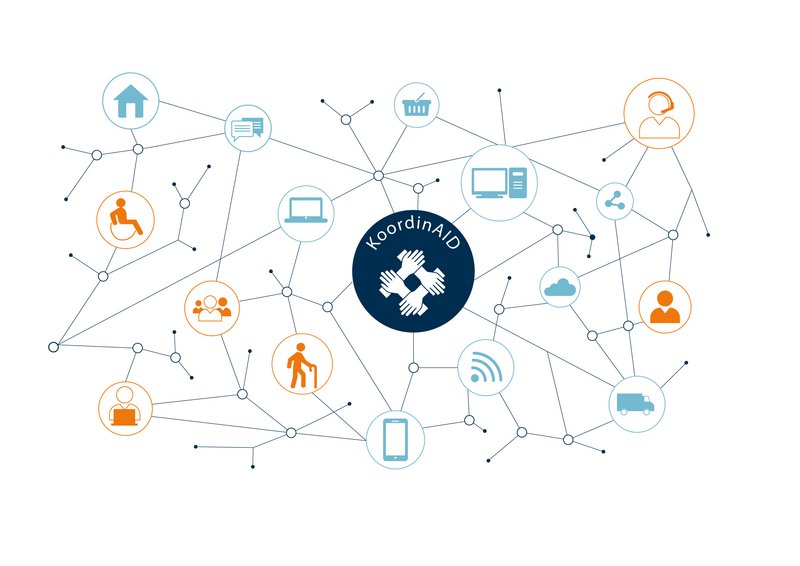
Period: August 2022 - June 2023
Motivation
Family caregivers need relief services. Care communities made up of professional and semi-professional providers together with informal agents provide the relevant services. To do this, they have to work closely together and network. However, they often lack structures for this cooperation. There is also a general lack of suitable IT technologies to coordinate these people, their services and to make them easily accessible for carers.
Objectives and procedure
In this project, the scientists of the Bavarian Research Center for Digital Care (BZPD) want to develop pertinent structures and technologies together with carers and technology providers. They are developing and testing an IT-supported care concept for a pilot run in the Kinzigtal region in the Black Forest. In a feasibility study, the project first analyses the needs for relieving the burden of care alongside resources and structural conditions in the Kinzigtal. In co-creative workshops, family caregivers work with agents in caring communities, technology providers and academics to identify which strategies and collaborative structures are helpful. Technologies are also being tested that help to adapt the relief services in this region even better to the individual needs of family caregivers. The technologies and structures for the Kinzigtal are being further co-developed.
Innovation and outlook
With scientific assistance, a new IT-supported care model is being developed that makes it easier for carers to access relief services in rural areas and improves collaboration in care communities. The model should be transferable to other regions or to cities.
Participation
KoordinAID stands out for its participatory approach, using co-creative workshops, among other things, in order to involve
a) family carers,
b) important care providers in the target region, and
c) technical providers and developments (e.g. platform to matching volunteers) in a joint research and development process.
A practical citizens’ advisory board will accompany the project – composed of people who know the active care situation personally and can therefore judge it.
Publikationen
Wörle, T. (2023). Final report: Zur Bekanntmachung „Technologiegestützte Innovationen für Sorgegemeinschaften zur Verbesserung von Lebensqualität und Gesundheit informell Pflegender“.
Wörle, T., Gaugisch, P., Renyi, M. & Deisenhofer, K. (2024). Sorgegemeinschaften in Deutschland – aktuelle Ansätze zur Klärung eines unscharfen Begriffs. Case Management, 1(2024), 21–27. Link to articel
